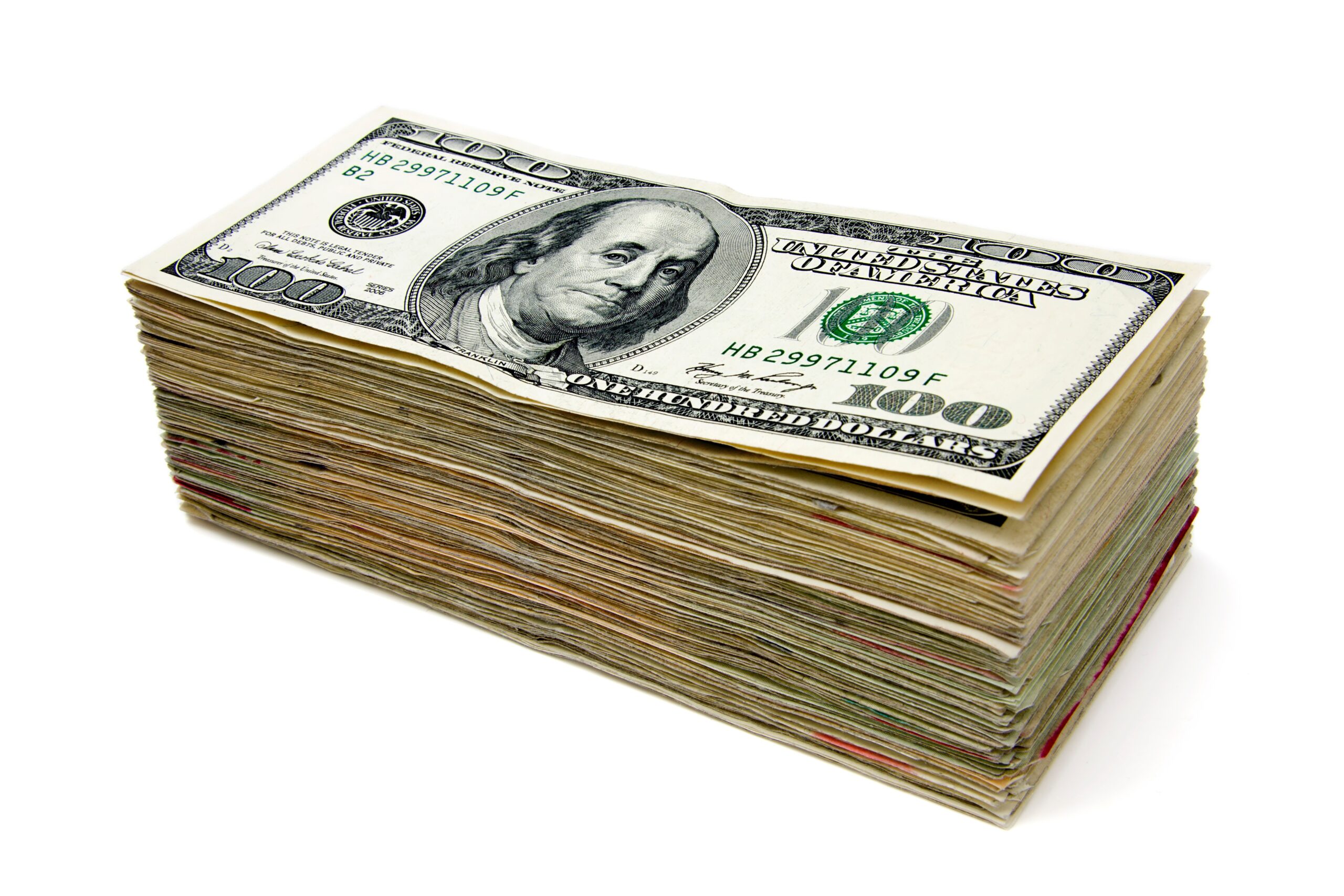How much cash do you really get when you sell your business?
When suitors come calling to make an “offer you can’t refuse”, there is a tendency to look at that number and assume you have “hit the jackpot”. Not so fast my friend! Whatever that number may be, by th e time the dust has settled from the sale, without carefully planning you may end up with half that amount!
e time the dust has settled from the sale, without carefully planning you may end up with half that amount!
The largest single determinant of the true value of your payday is how you structure the tax treatment of the sale. If this treatment does not become a bargaining chip in the negotiation, you either sold to an uninformed buyer, or you haven’t taken a close enough look at the structure of the deal.
To keep things simple, we will only discuss Uncle Sam’s piece of the pie and leave the state and/or local to your own investigation. In layman’s terms, when you sell your company, what is considered ordinary income, and what is considered capital gains. If you have owned your company more than a year, we can assume that these capital gains will fall under the category of Long-Term capital gains.
This example is NOT for the sale of a c-corp, and/or the sale of stock only, although a c-corp can structure the sale on an asset-by-asset basis.
The number one issue in determining what the IRS’ share of your take will be is how much of your proceeds are the result of a capital gain, and how much is considered income. This is a point of negotiation, since what is good for you, may not be good for the buyer. Don’t forget that Uncle Sam is operating on both sides of the table, so always remember the taxes are a two way street. As an example, the portion of the proceeds that are considered ordinary income would be at your highest tax rate, (nearly 40% Federal alone!), but can be expensed immediately by the seller. On the other side of this tax treatment are capital gains. The assets that have been categorized as capital gains will typically be taxed to you at a maximum of 15%, which leaves you with 85% of these proceeds. The problem for the buyer is the inability to quickly expense these capital assets.
In more simple terms, the parts of your company that you sell as capital assets will give you 85 cents on the dollar, whereas the parts that are considered ordinary income will only generate about 60 cents on the dollar. Although there are multitudes of ways to structure a sale, if you want to maximize your net proceeds, get an experienced professional to help you sort through these issues.


